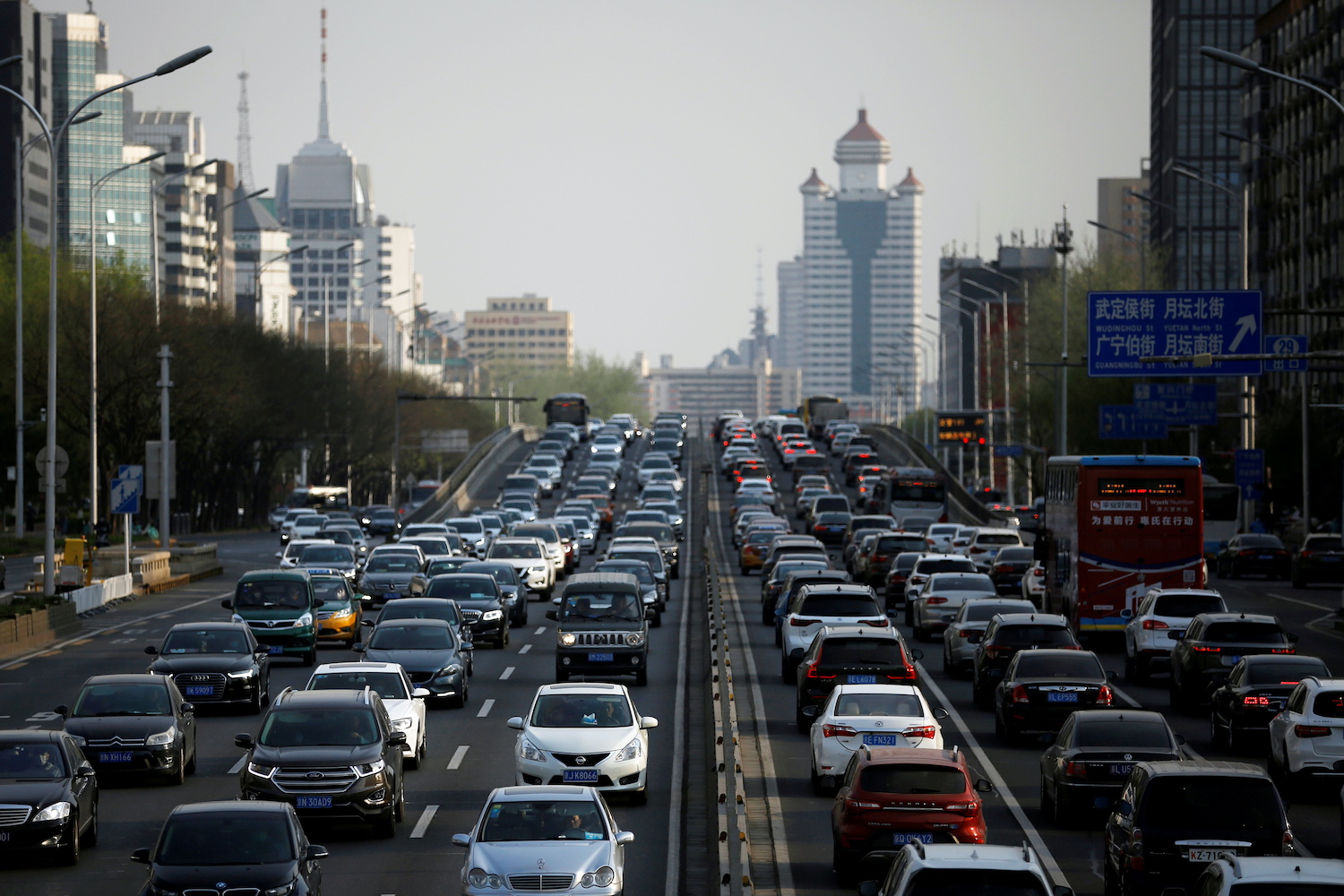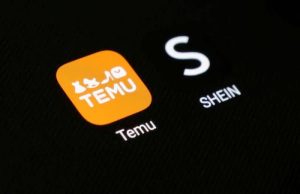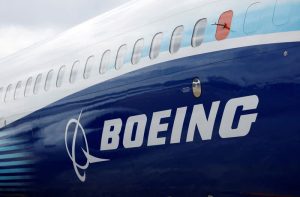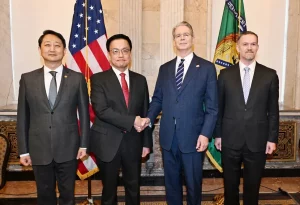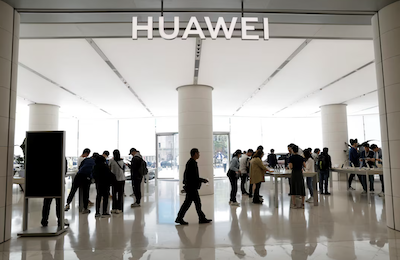China’s auto sales slumped 19.6% in September from a year earlier, industry data showed on Tuesday, falling for a fifth consecutive month as a prolonged global shortage of semiconductors and a domestic power crunch disrupt production.
This time of year, known as “Golden September, Silver October”, is usually a high point in sales for the industry, with consumers making purchases after staying away from showrooms during the stifling summer months.
Sales in the world’s biggest car market totalled 2.07 million vehicles in September, data from the China Association of Automobile Manufacturers (CAAM) showed.
The sales drop was due to the domestic power crunch caused partly by the shortage of coal and prolonged global chip shortage that has forced many major automakers to idle or curtail production, said Chen Shihua, a senior official at CAAM.
He added that the chip supply shortage eased in China last month and that the industry body now expects the supply to improve further in the final three months this year but constraints would remain.
Strong NEV Sales
One bright spot in the data was the strong sales of new energy vehicles (NEV), which more than doubled in September to 357,000, thanks to the government’s promotion of greener vehicles to cut pollution. These include battery-powered electric vehicles, plug-in petrol-electric hybrids and hydrogen fuel-cell vehicles.
Tesla Inc, which is making Model 3 sedans and Model Y sport-utility vehicles in Shanghai, sold 56,006 China-made vehicles in September, the highest since it started production in Shanghai about two years ago, and up 27% from 44,264 in August.
Chinese EV makers Nio Inc and Xpeng Inc delivered over 10,000 vehicles each last month. Volkswagen AG said it sold 10,126 ID. series EVs in China in September.
Another CAAM official, Xu Haidong, said NEV sales will likely hit three million units this year, up from 1.4 million last year.
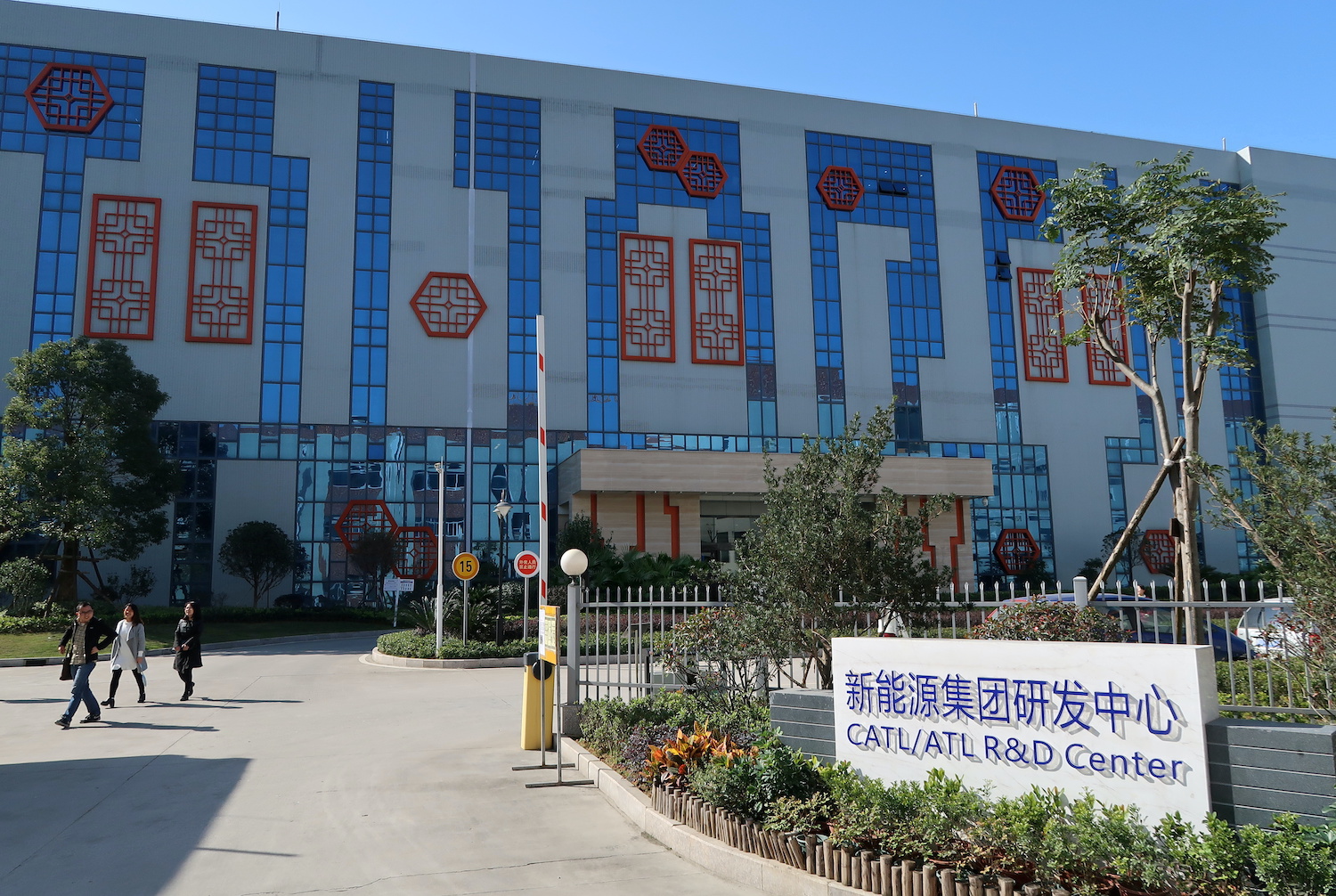
CATL plans $5bn battery recycling facility
In related news, Contemporary Amperex Technology plans to build a battery material recycling facility in the central Chinese province of Hubei with an investment of up to 32 billion yuan ($4.96 billion), the electric-vehicle battery maker said on Tuesday.
The company’s announcement comes at a time when global demand for electric vehicles has surged, which makes securing battery materials a key task for the industry.
China, the world’s biggest car market, has also set standards and policies to promote battery recycling and save materials.
A CATL unit will form a joint venture with Hubei Yihua Chemical Industry Co Ltd to recycle used EV batteries for chemicals such as cobalt and lithium, the company said in a filing.
Last month, CATL said it had agreed to acquire Canada’s Millennial Lithium Corp, as it looks to shore up the supply of key ingredients for EV batteries.
The leading EV battery maker in China, CATL’s list of customers include a swathe of automakers such as Tesla and Volkswagen.
• Reuters with additional editing by Jim Pollard
ALSO SEE:
China New Energy Auto Sales Speed Up But Chips Shortage Still Felt
China’s Electric Carmakers Start Making Moves On Europe
China’s Nio to Challenge Volkswagen, Toyota With Mass-Market Brand
Tesla, Nio cement China’s importance to global EV industry




